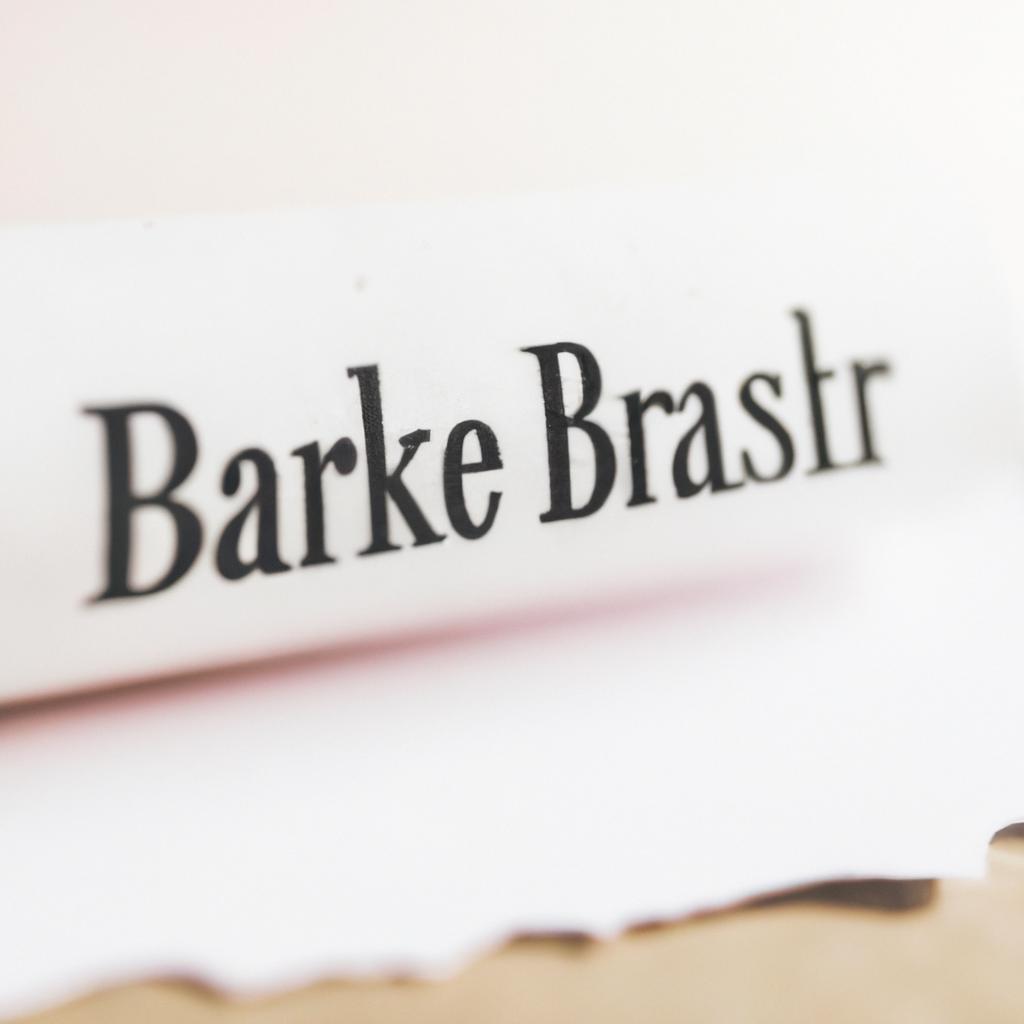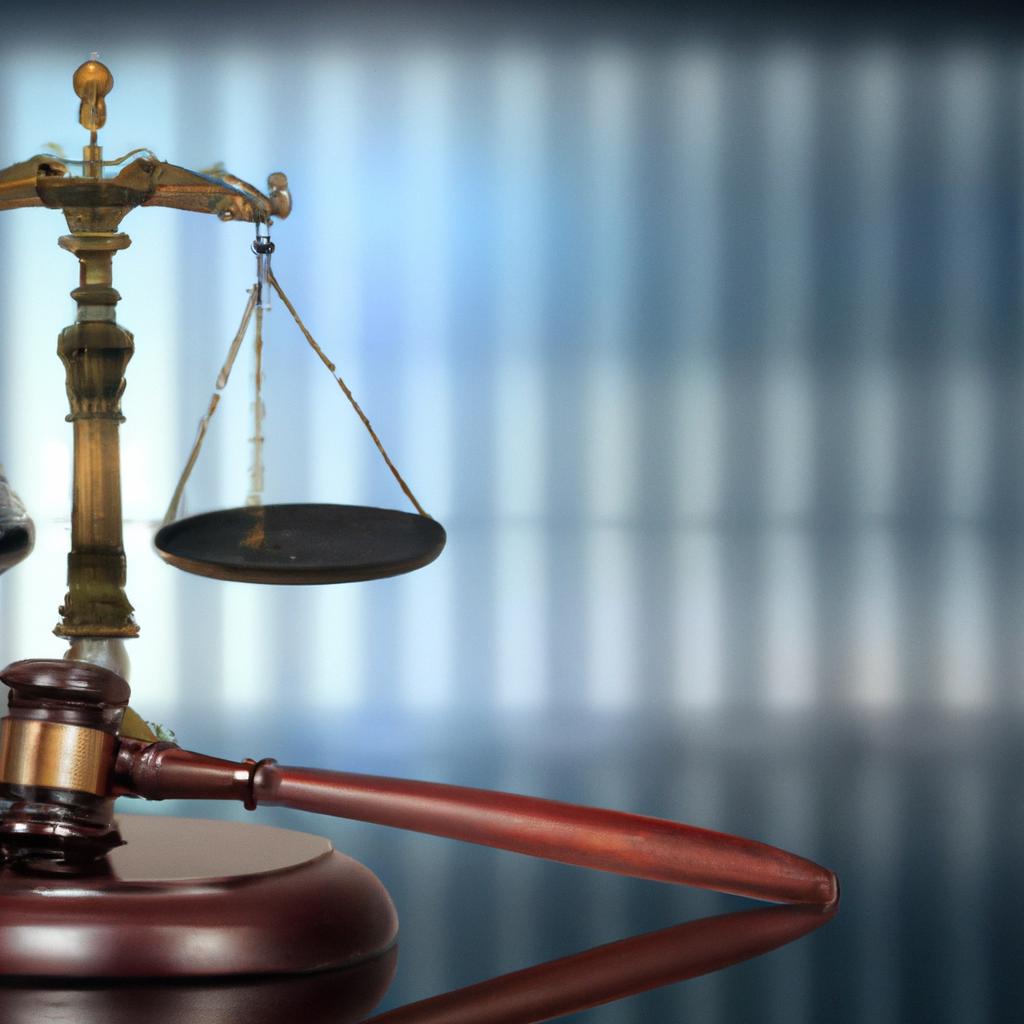As seasoned legal professionals at Morgan Legal Group in the heart of New York City, we understand the complexities involved in handling matters of estate planning and probate. One common question that often arises during these sensitive times is whether individuals are required to notify the bank when a loved one passes away. In this article, we will delve into the legal obligations and considerations surrounding this important issue, providing clarity and guidance for those navigating the aftermath of a death in the family.
Understanding your obligations to the bank after a loved one passes away
When a loved one passes away, it is essential to understand your obligations to the bank to ensure a smooth transition of financial matters. While it may not always be necessary to inform the bank immediately after a death, there are certain steps that must be taken to safeguard the deceased’s assets and prevent any unauthorized access.
Some important considerations to keep in mind include:
- Identifying all bank accounts held by the deceased
- Checking if the accounts were held jointly with another individual
- Reviewing the bank’s policies and procedures for handling accounts of deceased customers

Proper procedures for notifying the bank of a deceased individual’s accounts
When a loved one passes away, it is important to follow proper procedures for notifying the bank of their deceased individual’s accounts. This ensures that their assets are handled correctly and in accordance with the law. Below are the steps you should take:
- Gather necessary documents: Before contacting the bank, make sure you have the death certificate, the deceased individual’s account information, and any legal documents such as a Will or trust.
- Contact the bank: Reach out to the bank where the deceased individual held accounts and inform them of the death. The bank will provide you with instructions on how to proceed, which may include submitting the necessary documents and completing paperwork to close the accounts.

Navigating the legal implications of failing to inform the bank of a death
In the unfortunate event of a loved one passing away, one of the necessary steps to take is informing the bank about the death. Failing to do so can have legal implications, as the deceased’s assets and accounts need to be properly managed and handled according to the law. Notifying the bank promptly helps prevent unauthorized access to the deceased’s accounts and ensures that the necessary steps are taken to safeguard their assets.
Failure to inform the bank of a death can lead to complications such as identity theft, mishandling of assets, and delay in distributing the deceased’s estate. It is important to follow the proper legal procedures in notifying the bank, including providing a copy of the death certificate and other relevant documents. Consulting with a legal professional experienced in estate planning and probate can help navigate the legal implications and ensure that the deceased’s affairs are handled appropriately.

Expert recommendations for handling financial matters after a family member’s passing
When a loved one passes away, it can be a difficult and emotional time for the family. Handling financial matters in the midst of grief can be overwhelming, but it is important to understand the necessary steps to take. One common question that arises is whether you have to inform the bank when someone dies.
According to experts at Morgan Legal Group, notifying the bank of a family member’s passing is crucial for several reasons. Some key recommendations to keep in mind when handling financial matters after a family member’s passing include:
- Locate important documents: Gather the deceased person’s will, death certificate, and any necessary legal documents.
- Contact the bank: Notify the bank of the death and inquire about necessary steps to close or freeze accounts.
- Update account information: Update account information, beneficiaries, and consider estate planning options to ensure a smooth transition of assets.
Q&A
Q: Do you have to tell the bank when someone dies?
A: Yes, it is important to inform the bank when someone dies to prevent any complications with their accounts.
Q: Why is it necessary to notify the bank of a death?
A: Notifying the bank of a death allows them to freeze the deceased person’s accounts to prevent unauthorized access and help facilitate the transfer of assets to the appropriate beneficiaries.
Q: What information will the bank require when reporting a death?
A: The bank will typically require a copy of the death certificate, proof of your identity as the executor of the deceased person’s estate, and any necessary legal documentation to verify your authority to handle their accounts.
Q: Will the bank automatically close the deceased person’s accounts?
A: The bank will typically freeze the accounts upon notification of a death, but they will not automatically close them. It is important to work with the bank to properly handle the deceased person’s accounts according to their policies and procedures.
Q: What should I do if I suspect fraudulent activity on the deceased person’s accounts after their passing?
A: If you suspect fraudulent activity on the deceased person’s accounts, contact the bank immediately to report your concerns and take appropriate action to protect the assets of the estate.
Key Takeaways
In conclusion, navigating the financial affairs of a deceased loved one can be a daunting task. While informing the bank of their passing may not be an immediate requirement, it is important to eventually notify them in order to properly handle the deceased’s accounts and assets. By following the necessary steps and seeking guidance from professionals if needed, you can ensure a smooth transition during this difficult time. Remember, the bank is there to support you in managing the financial aspects of the situation, and open communication is key in navigating the process effectively.

